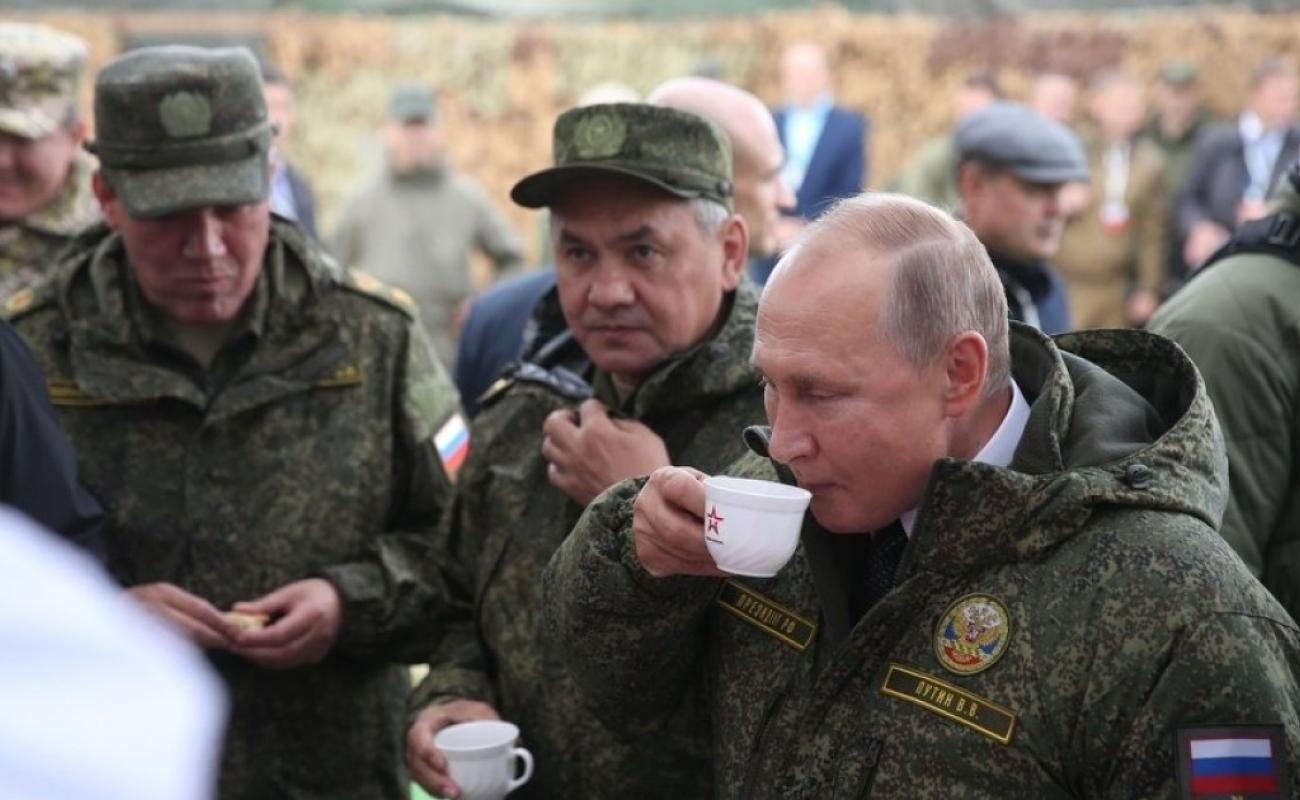"Ended up in Russian military coffers": The Russian Federation received 1.25 billion dollars after the departure of Western companies

According to journalists, Vladimir Putin takes most of these funds from companies under pressure, dictates the terms of their exit and imposes higher and higher taxes on the exit of large companies from Russia.
The President of the Russian Federation, Vladimir Putin, successfully used the withdrawal of Western companies from the Russian market to his advantage, turning this process into a source of significant contributions. Putin sets the conditions for the departure of companies from Russia that are useful to his government, the elite and the country's strategic interests, as reported by the Western media.
Sources state that immediately after the start of the Russian Federation's invasion of Ukraine in February 2022, hundreds of companies began to announce their decisions to withdraw from Russia. Politicians and activists have speculated that such actions could put pressure on the Russian economy and undermine the Kremlin's military efforts.
"But the President of the Russian Federation Putin had other plans. He turned the exit of large Western companies from the Russian Federation into a super profit for the Russian elite loyal to him and the Russian state itself. He forced companies that wanted to sell their businesses in Russia to lower their sales prices, and sometimes the Russian state simply took over the Russian branches of these companies," the media noted.
According to the media, Western companies that announced their withdrawal from Russia announced a loss of more than 103 billion dollars since the beginning of Russia's war against Ukraine. This results from the analysis of financial statements carried out by the American media.
"Putin is squeezing as many of these funds as possible out of the companies by dictating the terms of their exits. He has also taxed these exits with ever-increasing taxes, bringing at least $1.25 billion into Russia's military coffers over the past year," according to the New York Times. .
However, as the media note, no agreement is "certain". For example, the Dutch company Heineken found a buyer and set a price in the spring. However, according to media sources, the Russian government unilaterally rejected this deal and transferred the assets of the Dutch company to a local producer loyal to the authorities.
“All in all, Putin has overseen one of the largest redistributions of wealth in Russia since the collapse of the Soviet Union. Huge industries — elevators, tires, industrial coatings, etc. — are now in the hands of increasingly dominant Russian players," the media reports.
The source notes that often this process ends with a reduction in the selling price, and sometimes with the appearance of a new buyer. After that, the agreement is transferred to a commission formed by
Putin, which includes the head of the Ministry of Finance Anton Siluanov, officials of the Kremlin, the Central Bank and other key ministries.
At the same time, according to the media, Russia was not able to completely avoid the consequences of the departure of Western companies.
"The mass exodus of foreign companies has sent a signal to the whole world that Russia has become an outcast in this area, and Putin's actions against departing companies have reinforced the country's image as a dangerous place to do business," the text concludes.
Let's recall that in October, economic expert and head of the charity fund "Nova Zemlja" Andrij Novak expressed the opinion that default has already occurred in Russia, because the state cannot fulfill its debt obligations. In addition, since the beginning of the year, one can notice the federal budget deficit, which is growing month by month.
Also, as noted by the head of the Center for Analysis and Strategies, Ihor Chalenko, Russia is trying to put its economy on a military track instead of producing high-quality consumer goods. According to experts, such actions have a cumulative effect and can lead to mass dissatisfaction among the population.
